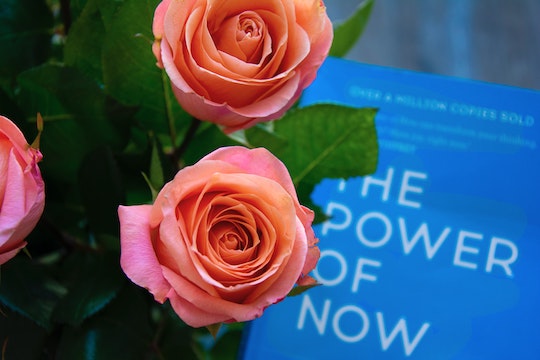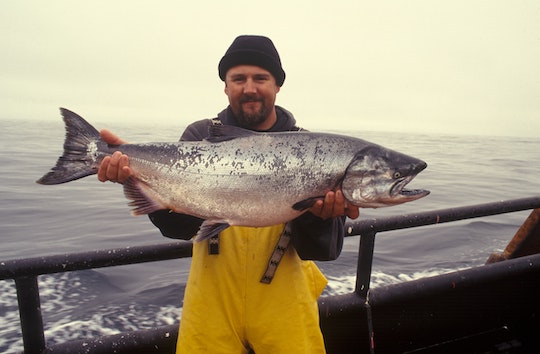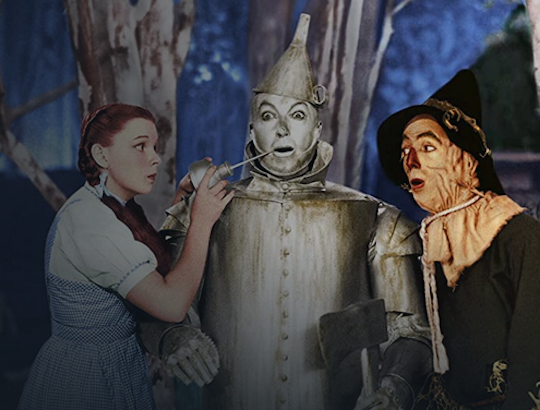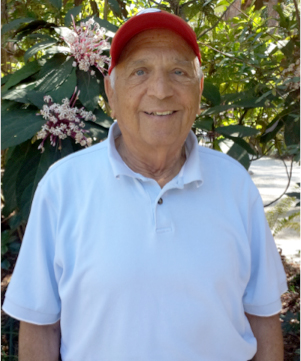“We need to stay current with each other.”
—Angeles Arrien, PhD, late Basque-American cultural anthropologist
I hope you had a happy holiday and the chance to safely be with family and friends. Catching up with those you love is a great bonus to the food, drink — and of course — your favorite sporting events and binge-watching interests.
How many holiday cards did you send and receive? How many of these well-wishing cards had photos of families with kids growing like weeds or even a separate insert with the highlights of the past year?
Staying current with our close and extended communities has been considerably more difficult due to Covid. Even with texting, e-mail, and video chats, many of us still feel isolated and alone.
EXERCISE:
What efforts can and will you make this year to remain current with the people you care about the most? Who could your reach out to today that you may have missed over the holidays?










